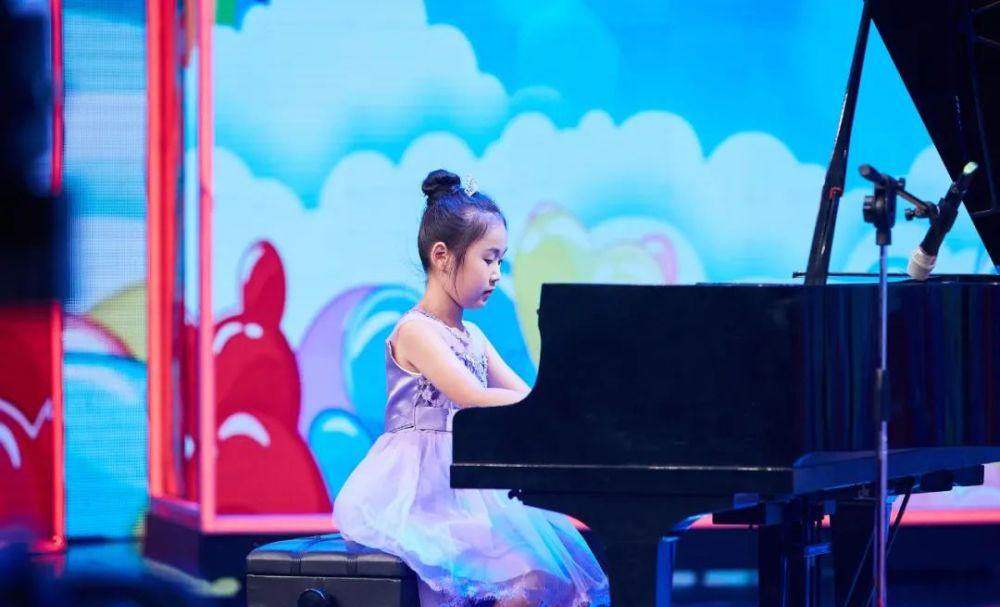If you want to learn the piano well, you can't do without rich playing skills, but skill alone is not enough. Looking at those accomplished piano masters, in addition to their superb playing skills, what supports them to go further on this road is also their own ability.
The most important thing about learning piano is not to play music, but to cultivate the ability to read, hear, understand memory, coordinate movements, artistic aesthetics, internal driving force, perseverance and other aspects.

Today, Ah Qiang will tell you what abilities we should focus on cultivating and mastering in the process of learning piano.
01
Independent score reading ability
For beginners, independent reading is indeed a difficult point, and after leaving the teacher, they do not know how to quickly identify the staves and symbols. However, as a necessary part of learning music, only by reading the score can we understand the notes and meanings expressed by the score, and can we familiarize ourselves with the musical works in the shortest time and quickly grasp the structure and essentials of the works.
02
Ability to cooperate with the limbs
We all know that the piano playing is inseparable from the cooperation of the left and right hands, but in addition to the cooperation between the hands, there must also be the use of pedals under the feet. If you want to play a good song, you need a series of hands, feet, eyes, ears, and brains. We have seen many masters of the rhythm of the body in the performance, and many of them are also for better coordination of all aspects of the limbs.
03
Auditory discrimination
The same piece of music is listened to by different people, some people can immediately hear the wrong place, and some people can't hear it, because their auditory ability to distinguish is different. Auditory discrimination ability not only relies on the learning of the "sight singing ear training" course, but also relies on a large number of appreciation and listening to the effect of live performance to accumulate, and you can listen to your own performance and compare it with the demonstration of teachers and masters every day. Constantly train their auditory acumen and appreciation level, and gradually improve their auditory imagination space, auditory color discrimination and auditory aesthetic ability.
04
Imagination and creativity
Music is a creative discipline, and the birth of music and even art comes from human emotions and creativity, so every piece of music has its "soul". In the process of playing, give full play to the imagination, and integrate their emotions and emotions into the works. If a song is to be alive, the emotions of the performance must be highly unified with the creator.
05
Ability to perform on-site
For performers, as the number of live performances accumulates, the performance effect will get better and better. But many piano children can practice very well at home, but once on the stage, or in front of the examiner, they will become nervous, which is to face the gaze from an unfamiliar environment when the stage fright, so to encourage children to perform on stage, to learn to relax into the process of playing the piano, so as to forget all the sources of tension.
06
Perseverance
We have repeatedly mentioned that the road to learning the piano is inseparable from persistence. The boring and tedious practice every day, as well as the difficulties encountered on the way to learn the piano, are a great test of the perseverance of the learner. But as long as you step through, you will definitely gain, and this tenacity will become a quality that will accompany you for a lifetime.